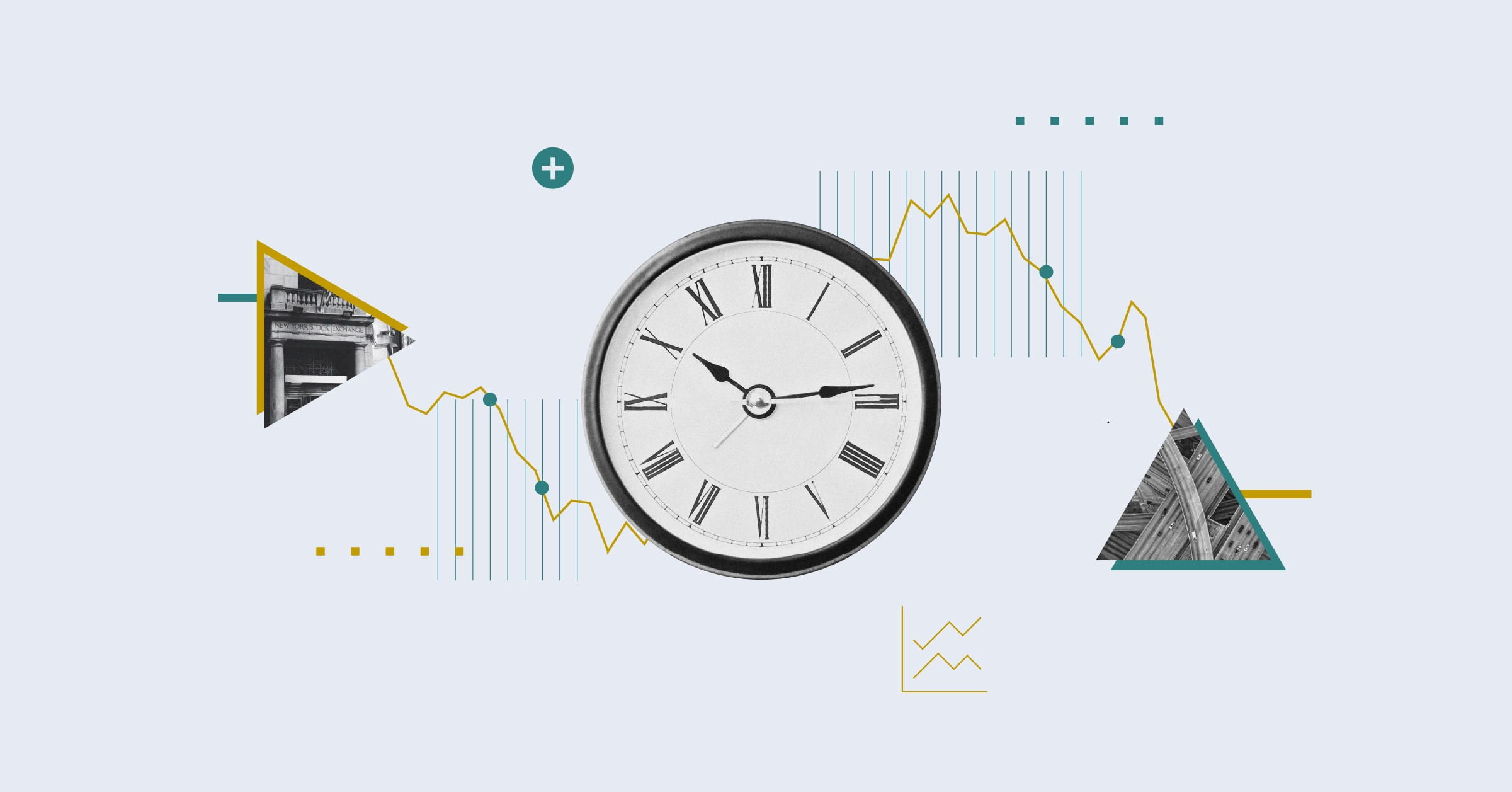This article is part of Morningstar.co.uk's Equity Investing Week.
When it comes to creating a long-term investment portfolio, there are numerous ways in which to diversify your assets in order to spread the risk.
Firstly, there are different asset classes in which to invest—equities, bonds, cash, property and commodities being the most common.
Secondly, there is diversification by region: putting money to work in the UK and other developed countries, as well as emerging economies and even ‘frontier’ markets.
Thirdly, investors can spread their investments across different industry sectors, so that money is invested in companies that will respond differently at various times in the economic cycle.
And fourthly, there are varying investment styles that see the investor focus on generating growth opportunities or recognising value stocks.
Let’s take a closer look at international diversification, the options available to investors and the roles to be played by different countries and regions.
Investing Domestically
As a UK investor, it’s likely that your equity portfolio will consist mostly of UK equity investments. This domestic bias is a common phenomenon: most US investors will hold more North American stock than international stock; most Japanese investors will hold more Japan equity than international stock; and so on.
It’s no bad thing to invest in what you know. But there’s also a role to be played by investing beyond your own shores in order to tap into growth opportunities occurring elsewhere and to diversify your assets across investments with different characteristics and outlooks.
As a developed economy, UK-based companies have to adhere to FSA and EU regulations that tend to ensure that investing in these companies involves less risk than, say, investing in a Russia-based company where the financial sector and state governance might be considered less robust.
It’s important to remember, however, that an investment in UK equity is not an investment in the UK economy. The London Stock Exchange lists companies from more than 50 countries and its main index, the FTSE 100, consists of the 100 largest companies (by market capitalisation) that more often than not are multinational operations. Approximately 70% of the revenue earned by these 100 companies is generated outside the UK, so an investor buying into UK stock is in fact investing in the opportunities—and risks—of multiple regions.
Take ![]() Vodafone (VOD), for example, which has large mobile phone operations in India; or
Vodafone (VOD), for example, which has large mobile phone operations in India; or ![]() Diageo (DGE), which sells more Guinness in Nigeria than it does in Ireland; or
Diageo (DGE), which sells more Guinness in Nigeria than it does in Ireland; or ![]() Standard Chartered (STAN), which has its headquarters in the UK but generates 95% of profits in Asia, Africa and the Middle East.
Standard Chartered (STAN), which has its headquarters in the UK but generates 95% of profits in Asia, Africa and the Middle East.
In addition to the strong ties to the emerging economies of Asia and Africa, UK companies are also closely linked to the eurozone and the United States.
Investing in Other Developed Countries
On the whole, European and North American companies aren’t quite as international as UK companies but there are still strong trade links between the two continents as well as the rest of the world.
Just as many European companies’ profits will be tied to domestic demand, they will also export goods or services to the rest of the world including, of course, the United States. As a nation of 314 million individuals, it’s easy to see that the US can command a lot of attention from international companies. Likewise, with a collective population over 500 million, Europe demands many goods and services from the US.
One way in which many adventurous investors look for diversification is among Europe's small companies. International-equity funds focusing on smaller companies have succeeded in providing effective diversification beyond the usual large- and mid-cap offering by buying the stocks of smaller European companies.
It's easy to see how this can come about. Just like domestic small caps, foreign small companies do most of their business at home rather than abroad. As a result, they're more sensitive to changes in their local economies than the large companies that make up the major indices are.
Investing in larger US companies tends to be a less international investment than one in a UK or even European large-cap company. The US covers such a broad expanse of land, across diverse climates and geographies, that as a whole the nation is largely able to keep up with domestic demand and less in need of seeking revenues elsewhere.
That’s not to say that if you buy shares in a US company then you’re only exposing yourself to US opportunities and risks; just as an investment in a European company isn’t always an investment in the risks and opportunities of emerging markets.
Whatever their international exposure, British, European and American companies have in common developed world legislation to which they have to adhere and which provides comfort for many an investor.
Investing in Emerging Markets
Outside the developed world, population growth, improving standards of living and a growing middle class (which, in turn, comes with a growing level of consumption) have ensured that companies with international operations are keen to position themselves to benefit from rising demand.
Investors may get more diversification from their foreign investments by steering clear of multinationals and large-company global equity funds, which may be more strongly correlated with domestic holdings, and focusing instead on more-esoteric—and riskier—choices. If you choose to gain exposure to these types of stocks, consider doing it through a fund that specialises in one of these areas. OEICs/unit trusts, investment trusts and ETFs are less risky propositions than investing directly in individual foreign stock.
Emerging markets funds have always provided good diversification, and they are becoming even better diversifiers as the industry progresses. Not so long ago, emerging-markets managers did most of their hunting in Latin America and the Pacific Rim. Because many of the so-called Asian Tiger funds—most notably Hong Kong and Malaysia offerings—peg the value of their currencies to the pound, currency fluctuations played only a small role in total returns.
Today, however, emerging-markets funds buy once-exotic fare such as Polish, Russian or Turkish securities. In fact, Russian equity funds were among the top performers in 2010, while Turkish equity funds enjoyed a stand-out 2011, and Vietnamese equity funds topped the performance charts in 2012.
Beyond Asia, intrepid investors could ditch diversified emerging-markets funds altogether and focus on Latin America. Although Latin America's most prominent markets, Brazil and Mexico, have strong economic ties to the United States, their currencies and markets have most often followed internal cues.
And away from Asia and LatAm, investing in emerging Europe, Africa and the Middle East has become increasingly popular in recent years. So-called ‘frontier markets’ make up the strata of countries considered to be less developed than the emerging markets.
How to Use Foreign Stocks in Your Portfolio
If and how you use foreign stocks in your portfolio is up to you. We suggest that you think about foreign stocks in one of two ways:
- If you want to own foreign stocks for opportunity, not diversification, consider simply dividing your portfolio into large companies and small companies, and within those two categories include both UK and foreign stocks. So for purposes of portfolio building, US company
 Kraft (KRFT) wouldn't qualify as a foreign stock, but as a large-company stock.
Kraft (KRFT) wouldn't qualify as a foreign stock, but as a large-company stock. - If you want to own foreign stocks for diversification, consider choosing from less-travelled areas, such as emerging markets or smaller-company stocks.
Overseas investing can be trying—the territory is vast, the issues many and the rules seem to be shifting—but that doesn't mean you shouldn't give it a go. There are plenty of opportunities out there and many emerging markets funds have received our highest Analyst Rating.
Morningstar's Fund Screener, ETF Screener and Investment Trust Screener can help you find top-rated funds that will expose your portfolio to international opportunities.































